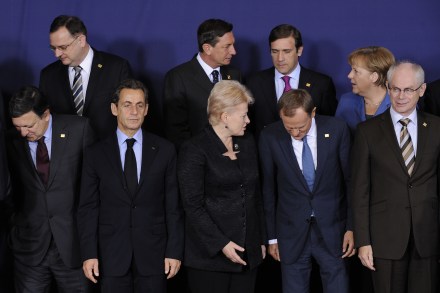An Endorsement Tom Harris MP Does Not Need
As the cousins celebrate the most genial holiday of them all, there are many things one for which one should be thankful. Not having a vote in the leadership contest currently gripping the Scottish Labour party comes pretty near the top of the list. Nevertheless and unlike Ed Miliband I can at least name each of the three candidates for this miserable prize. And like Kate Higgins, were I burdened with a vote in this contest, I should vote for Tom Harris. Granted, he will have to find himself a seat at Holyrood at some point but that’s a technical detail which need not concern the rest of us. Granted












